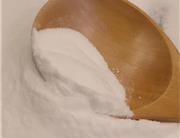Sodium Alginate NEW
Get Latest Price
- Min. Order1kg
- Purity99
- Cas No9005-38-3
- Supply Ability20tons
- Update time2025-04-02
Enterprise Verified
Business Bank account
Basic Contact Infomation
Business Address
Trade Company
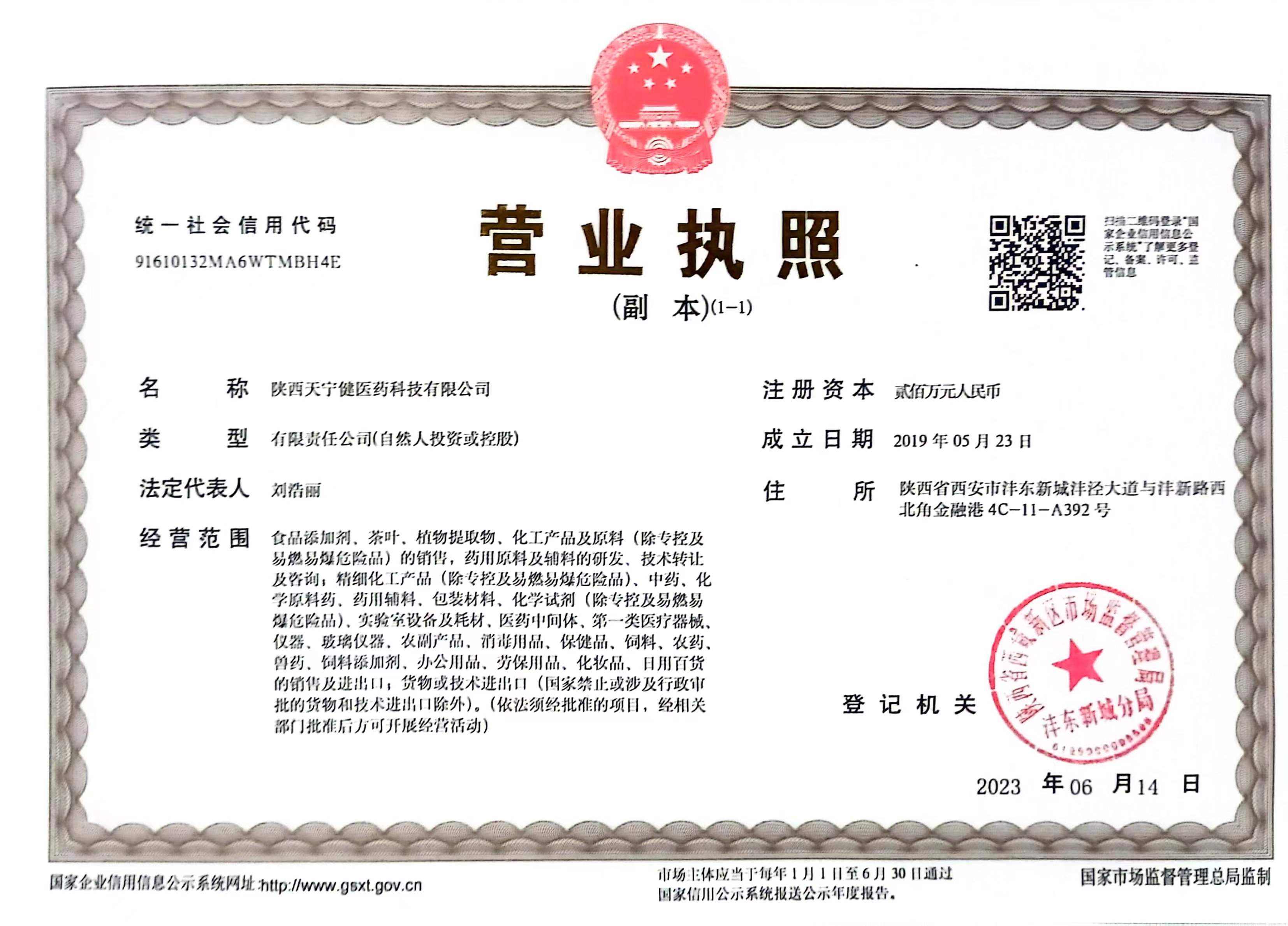
Chemical Properties
| Product Name | Sodium Alginate |
| CAS No | 9005-38-3 |
| EC-No | 618-415-6 |
| Min. Order | 1kg |
| Purity | 99 |
| Supply Ability | 20tons |
| Release date | 2025/04/02 |
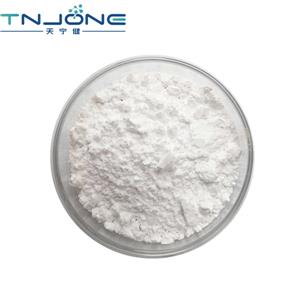
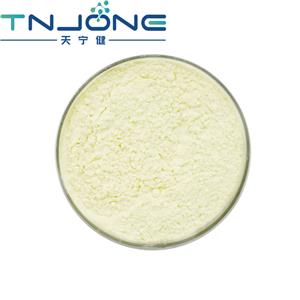
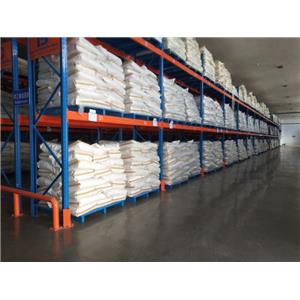

 China
China


